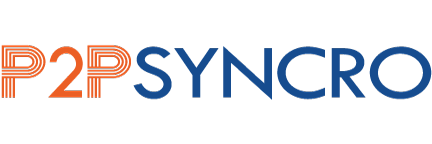At the beginning of 2021, as we harnessed the power of reflection, we pondered a question: Does rare disease education equate to rare attendance? Our answer is obviously no, but how?
When educating providers, we found that it is important to identify the connection between a rare disease and medical conditions frequently present to daily practice. Awaking interest in learning of a disease rarely seen is possible when the new knowledge is built on something familiar. Many patients with rare diseases have received an initial incorrect diagnosis. This is because early symptoms are often non-specific. The action driven approach that we found is to discuss with clinicians about misdiagnoses. Simply listing all the differential diagnoses is not sufficient. Information dump should be avoided.
When the disease is rare, it does not mean that educational programs will have less attendance from the healthcare providers. It is up to the educators to adapt, to innovate, and to find ways to generate curiosity and deliver messages effectively.
.
